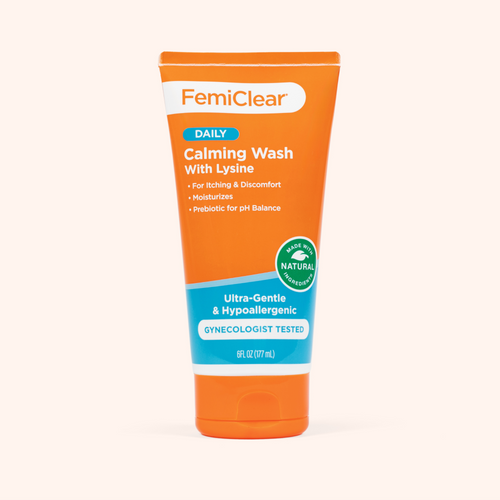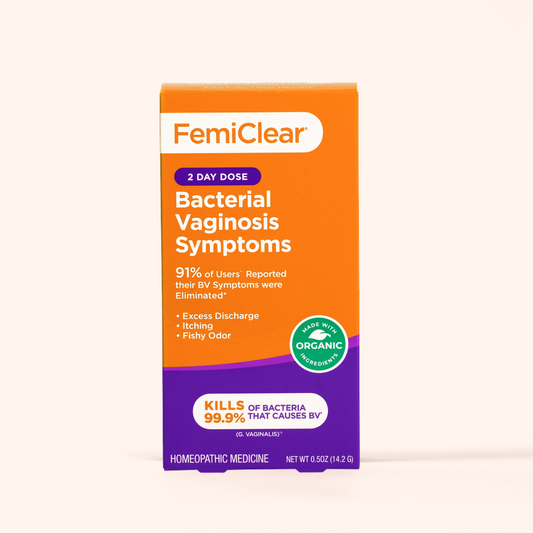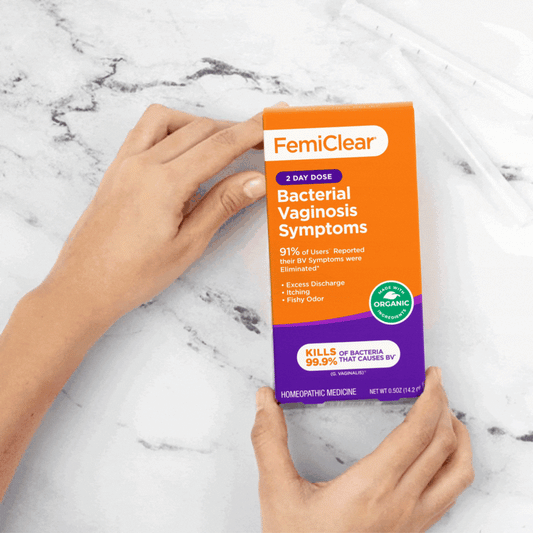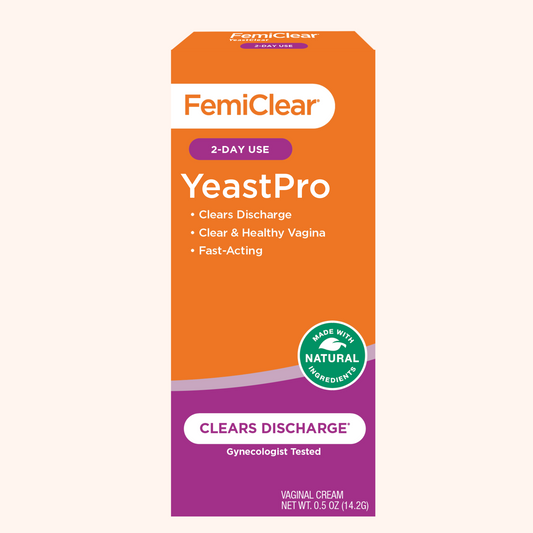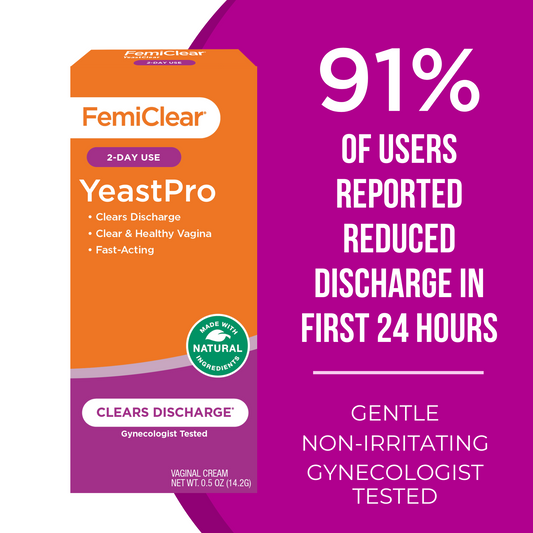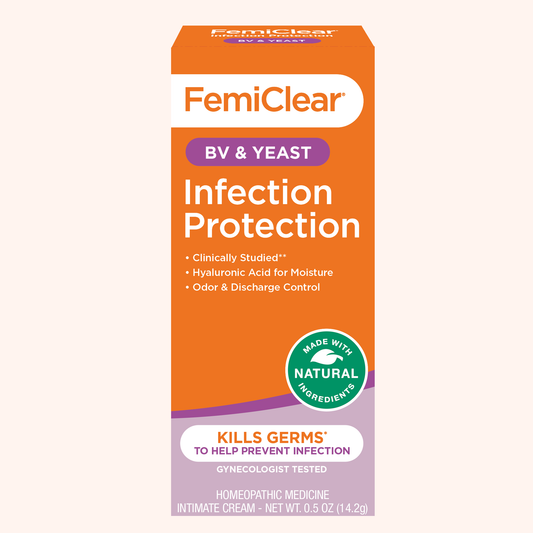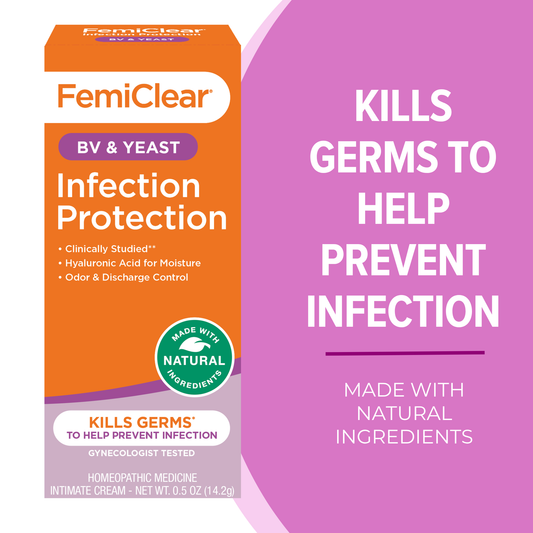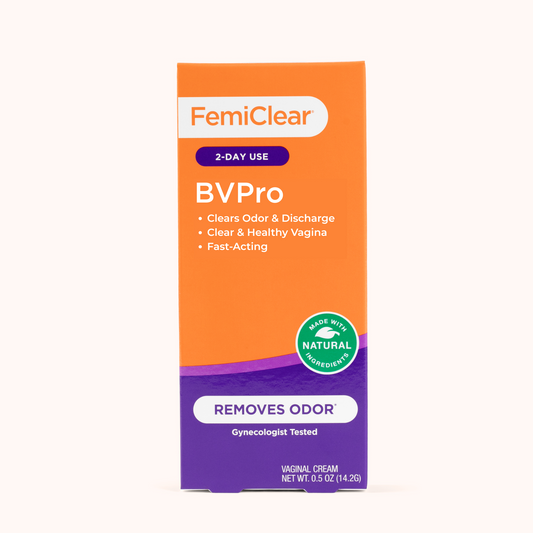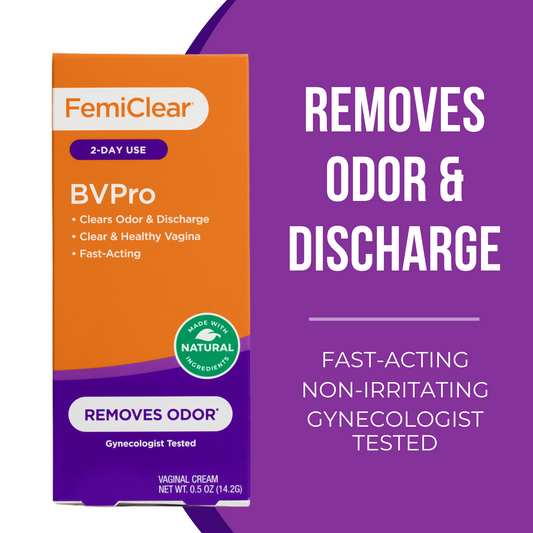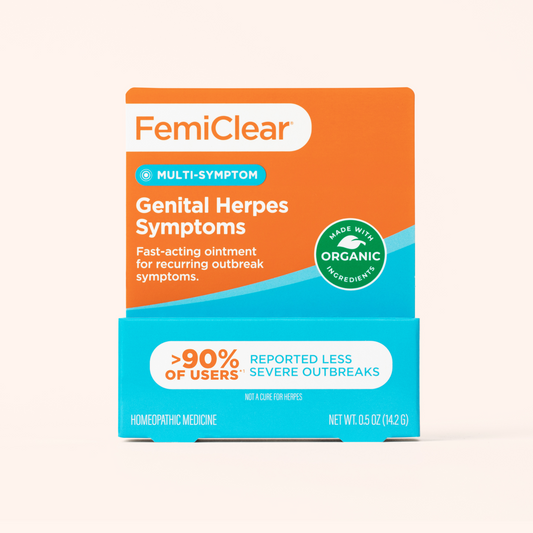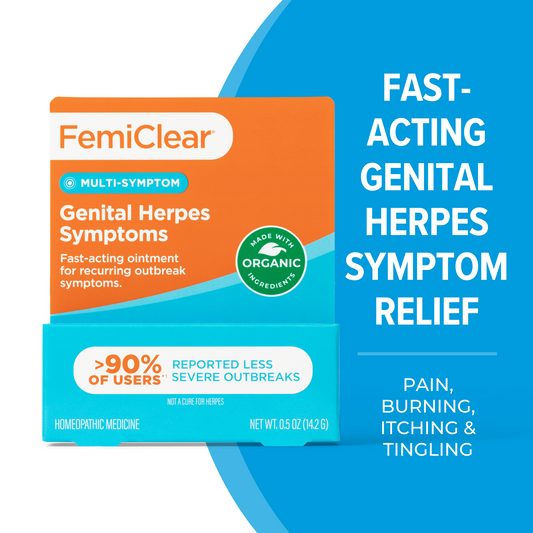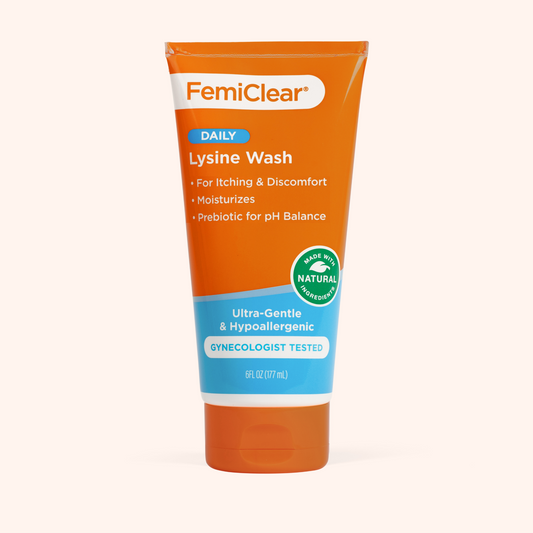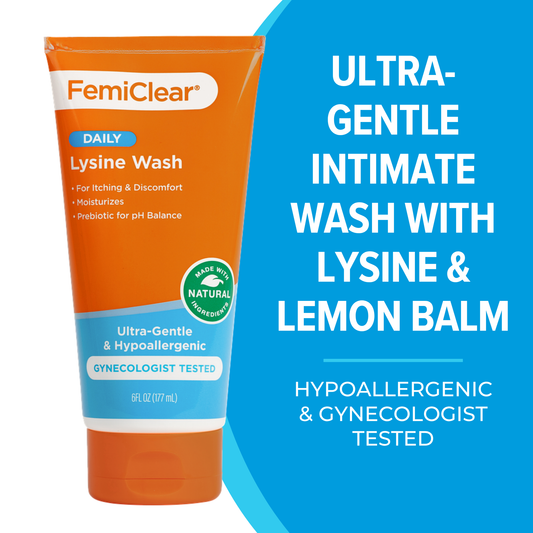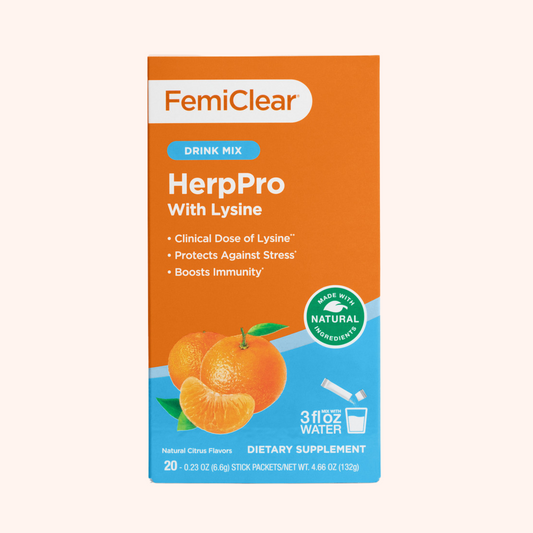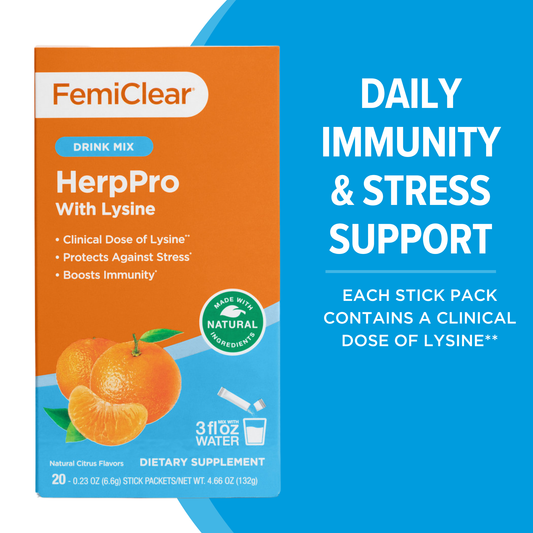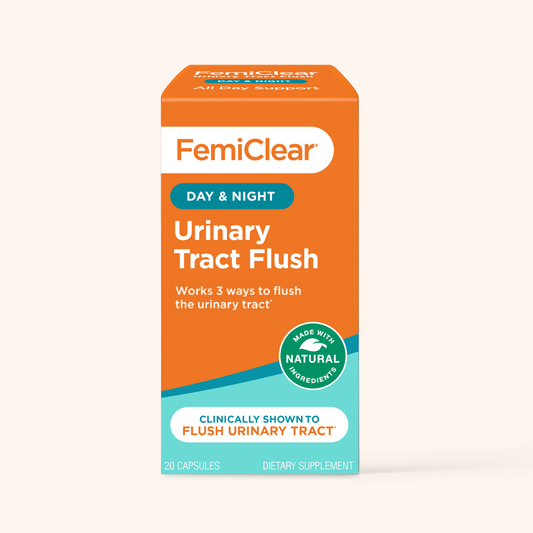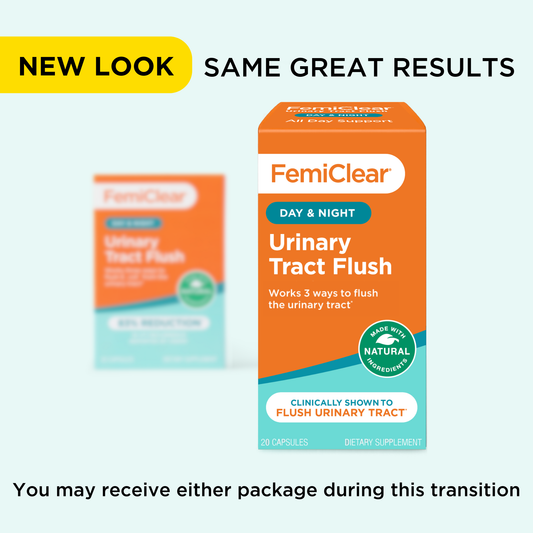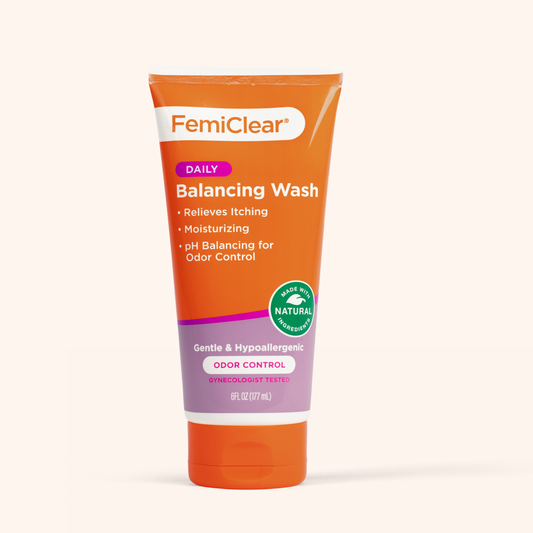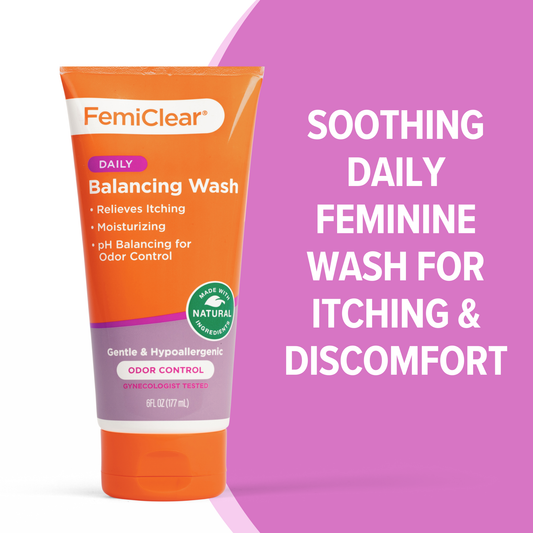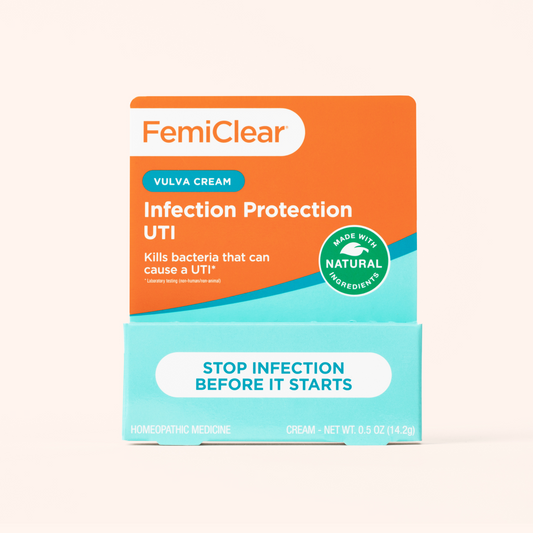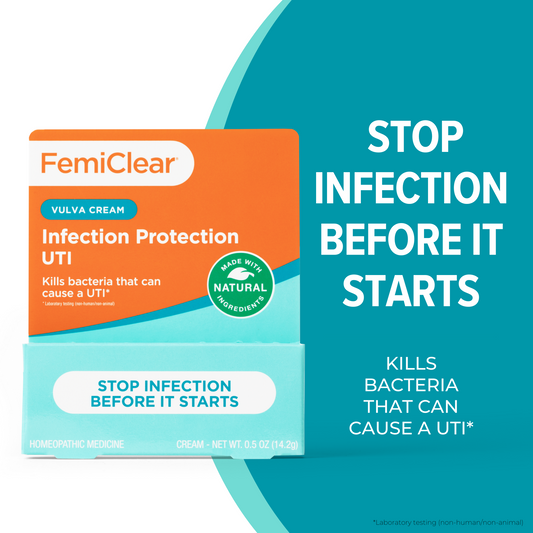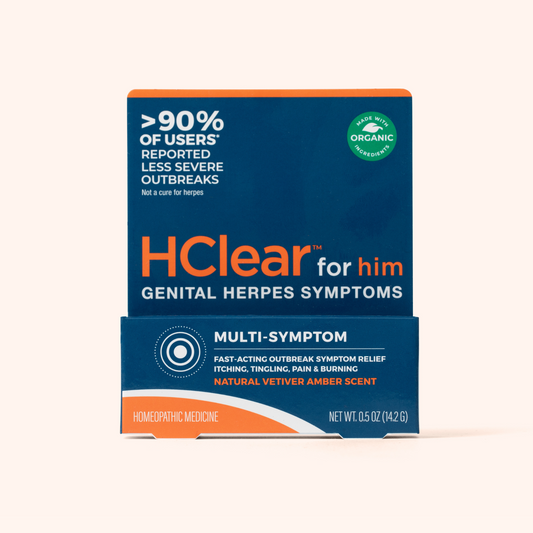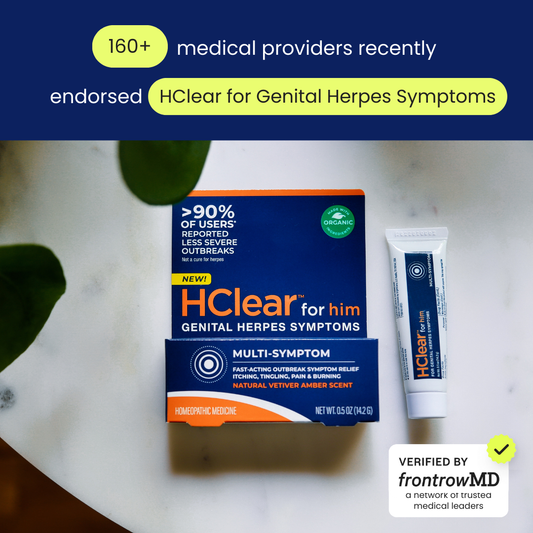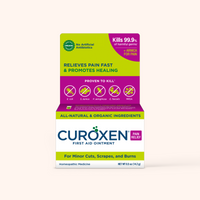Table of Contents
What is HPV?
Written by Carolina Garcia Apr 24, 2024

Introducing HPV and Understanding the Virus
Human Papillomavirus (HPV) is one of the most common sexually transmitted infections worldwide, with health experts estimating that most sexually active individuals will encounter the virus at some point in their lives. Despite its prevalence, HPV often remains misunderstood by the general public. The virus encompasses a group of more than 200 related viruses, each identified by a unique number known as its HPV type. HPV is noteworthy not only for its ubiquity but also for its ability to cause various health issues ranging from skin warts to more serious conditions like cancers.
The HPV virus is primarily known for its role in causing cervical and other types of genital cancers, as well as oropharyngeal cancer. The virus is typically transmitted through intimate skin-to-skin contact, which can include sexual activities. Importantly, many people infected with HPV are asymptomatic and may unknowingly transmit the virus to others. Due to some overlapping symptoms, HPV can sometimes be confused with genital herpes, another common STI. Understanding the types and strains of HPV is crucial as it guides prevention and treatment strategies, highlighting the importance of vaccination and regular health screenings in controlling the spread of the virus.
HPV Symptoms and Signs
Understanding the symptoms of the HPV virus is vital as they can vary widely and often go unnoticed. Here's a clearer look at how HPV symptoms manifest and what to look out for:
General HPV Symptoms:
- Asymptomatic Nature: Many individuals infected with HPV do not show any symptoms, which makes detection without regular screenings challenging.
- Subtle Signs: In cases where symptoms do occur, they might include mild discomfort, itching, or pain around the genital area, which are often overlooked.
HPV Warts:
- Appearance: HPV warts typically appear as small, skin-colored bumps or clusters of bumps. They can be raised, flat, or cauliflower-shaped.
- Location: These warts can develop in the genital area or surrounding skin and are usually caused by low-risk HPV types.
- Significance: While HPV warts are visible and can cause discomfort or self-consciousness, they are generally not associated with the high-risk HPV types that lead to cancer.
High-Risk HPV Symptoms:
- Cancer-related Symptoms: High-risk HPV types, which are linked to cancers such as cervical, anal, throat, and penile cancer, typically do not produce visible symptoms like warts.
- Importance of Screening: Regular screenings, such as Pap tests for women, are crucial for detecting high-risk HPV types early, as they do not manifest through easily detectable symptoms.
This breakdown highlights the importance of awareness and the need for regular health check-ups to manage HPV effectively. Since HPV symptoms can be non-specific or absent, especially in cases involving high-risk types, understanding these signs can help individuals seek timely medical advice and preventive care.
HPV Symptoms vs Genital Herpes Symptoms
Understanding the differences between HPV symptoms and genital herpes symptoms is crucial, as these two common sexually transmitted infections (STIs) can often be confused due to their similar transmission routes and impact on genital health. Here's how you can differentiate between the two, ensuring accurate diagnosis and appropriate treatment:
HPV Symptoms:
- Genital Warts: These are the hallmark of many HPV infections, appearing as small bumps or clusters of bumps that can be flat, raised, or cauliflower-shaped, typically in the genital area.
- Asymptomatic: A significant number of HPV carriers do not show any visible symptoms, making regular health screenings crucial for early detection, particularly for high-risk strains that can lead to cancers.
- Cancer-Related Symptoms: High-risk HPV types might lead to serious conditions like cervical, anal, and throat cancers, usually without noticeable early symptoms.
Genital Herpes Symptoms:
- Blisters and Ulcers: Genital herpes primarily manifests as painful blisters or ulcers which can break open and result in tender sores in the genital area.
- Recurrent Outbreaks: Genital herpes is characterized by recurrent outbreaks where symptoms reappear, contrasting with HPV where symptoms are generally stable or progress without treatment.
- Systemic Symptoms: Initial outbreaks of genital herpes can be accompanied by systemic symptoms like fever, body aches, and swollen lymph nodes, which are not typical with HPV.
By understanding these distinguishing features, individuals can better navigate their symptoms and seek appropriate medical advice, thus reducing the risk of complications associated with each condition.
HPV in Men vs HPV in Women
Understanding how the HPV virus affects men and women differently is crucial, despite the shared modes of transmission and risks. Here's a breakdown of the impact of HPV in each gender:
HPV in Men:
- Genital warts: One of the most visible signs of HPV in men.
- Cancer risks: Men are at risk for HPV-related cancers of the throat, penis, and anus.
- Subtle symptoms: Often, men do not show clear symptoms, which can delay diagnosis.
- Screening: Regular health screenings for HPV are less common in men, leading to potentially higher transmission rates and later diagnoses.
HPV in Women:
- Genital warts and cervical cancer: Women may develop genital warts similar to men, but the risk of cervical cancer is a significant concern unique to HPV in women.
- Regular screenings: Women are encouraged to undergo regular Pap tests or HPV testing, critical for detecting HPV early and preventing cervical cancer.
- Other reproductive health issues: HPV can also lead to vaginal and vulvar cancers in women.
Both men and women benefit from being informed about the risks associated with the HPV virus, the importance of the HPV vaccine, and engaging in preventive practices. Tailored health messages and interventions are essential for addressing the specific needs and risks in each gender, highlighting the crucial role of regular health screenings in the prevention and management of HPV.
HPV Vaccine and its Side Effects
The HPV vaccine is a crucial tool in preventing infection by the HPV virus and reducing the risk of HPV-related cancers and warts. Here’s a breakdown of the key information regarding the vaccine and its potential side effects:
About the HPV Vaccine:
- Preventive Benefits: The HPV vaccine effectively prevents many of the most harmful types of HPV, including those most commonly associated with cervical cancer and genital warts.
- Recommended Age: Vaccination is typically recommended for preteens aged 11 to 12 years but can be administered as early as age 9 and up to age 45 in some cases.
- Dose Schedule: The vaccine is usually given in two or three doses over several months, depending on the age at the first vaccination.
Common Side Effects of the HPV Vaccine:
- Mild Reactions: Most commonly, individuals may experience pain, redness, or swelling at the injection site. Other mild symptoms can include fever, headache, or feeling tired.
- Rare Reactions: In very rare cases, more serious reactions like allergic reactions can occur. These are extremely uncommon but important to be aware of.
Addressing Concerns:
- Safety and Efficacy: The HPV vaccine has been extensively studied and monitored for safety. It is considered highly effective and safe for most people.
- Misconceptions: It’s important to dispel common myths and concerns about the vaccine, such as the misconception that it encourages early sexual activity. Research has shown that receiving the HPV vaccine does not affect sexual behavior.
Understanding both the benefits and the side effects of the HPV vaccine can help individuals and parents make informed decisions about vaccination. It's a significant preventative measure that has the potential to dramatically reduce the incidence of HPV-related diseases globally.
Diagnosis, Prevention, and Management of HPV
Detecting, preventing, and managing HPV is essential to reduce the spread of the virus and mitigate the health complications it can cause. Here's what you need to know about the comprehensive approach to handling HPV:
Getting Tested for HPV:
- Why Test: Many individuals with HPV are asymptomatic. Regular testing helps identify infections early, particularly high-risk types that can lead to cancers.
- Types of Tests:
- Pap Smear: Typically for women, involves collecting cells from the cervix to detect precancers or cancer.
- HPV Test: Checks for high-risk HPV strains. Recommended for women over 30 and in conjunction with a Pap test.
Preventive Measures:
- HPV Vaccine: Highly effective in preventing many types of HPV, including those most likely to cause cancer and genital warts.
- Safe Sex Practices: Using condoms and dental dams can significantly reduce the risk of HPV transmission.
- Regular Testing and Screenings: Critical for early detection, especially in women, to prevent cervical cancer.
Management Strategies:
- Follow-up Tests: Necessary for those who test positive for high-risk HPV strains or abnormal Pap results.
- Treatment Options: While there is no cure for HPV, treatments are available for the conditions caused by the virus, such as warts and precancerous lesions.
- Education and Awareness: Understanding HPV and its potential health impacts can empower individuals to seek timely medical advice and adhere to preventive measures.
Combining diagnosis, prevention, and management practices for HPV enhances public health efforts and personal health safety. By promoting regular screenings, vaccination, and safe sexual behaviors, the risk of HPV-related health issues can be significantly diminished.
Written by Carolina Garcia Apr 24, 2024

Ultra-Gentle Feminine Wash with Lysine
Helps calm irritated skin and soothes itching
Learn More